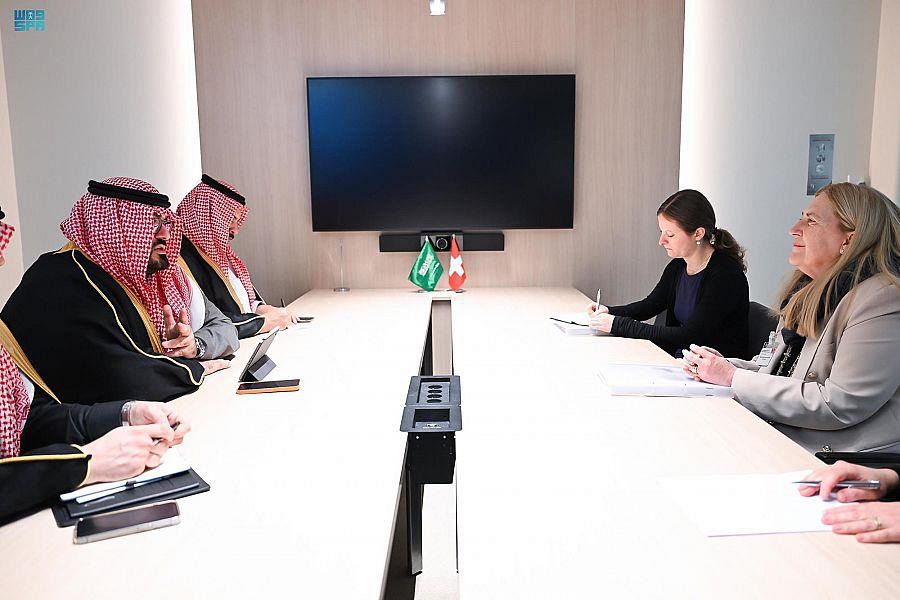
KINSHASA, Oct 29 (Reuters) - Poor planning, a lack of objectives and insufficient funding have hobbled President Felix Tshisekedi"s pledge to end the bloodshed in eastern Democratic Republic of Congo, according to a confidential parliamentary report seen by Reuters on Friday.
In May the government replaced civilian administrations in North Kivu and Ituri provinces with police and military figures in a bid to improve decades of security issues in the mineral-rich region. read more
Since May civilians have been killed at the same rate as before, reaching more than 1,000 this week, according to data compiled by the Kivu Security Tracker, which maps violence in the region.
Compiled by the National Assembly"s Defence and Security Commission, the report found killings, rapes, and robberies have intensified in affected areas since the martial law was established in the two provinces in May.
Spokespeople for the government and army were not immediately available to comment.
Based on interviews with five senior ministers, including defence and finance, the report said the army"s request for $596 million to implement the state of siege, more than double its annual budget, was met by an initial disbursement of just $33 million.
More than half of the money was spent in the army headquarters in Kinshasa, with another 12% on salary arrears.
"The proclamation of a state of siege was not underpinned by strategic action-planning," the report said.
"It was done without a substantial and coherent financial package, without defining military objectives, and without a timetable of strategic actions," it said.
Other problems cited by the report included the lack of equipment and transport, ghost soldiers, a worrying human rights situation, corruption, illegal road blocks demanding "taxes of the state of siege", and a lack of collaboration with local communities.
The report, which was submitted on Sept. 29, said 273 soldiers have been killed and 111 injured since May, revealing for the first time the human toll on the army.
Violence has remained endemic along Congo"s border with Uganda, Rwanda and Burundi since the official end of the civil war in 2003, but security issues have intensified in the past two years.










